RWANDA’S ILLEGAL MINERS: A LIFE OF RISK AND RELENTLESS POVERTY
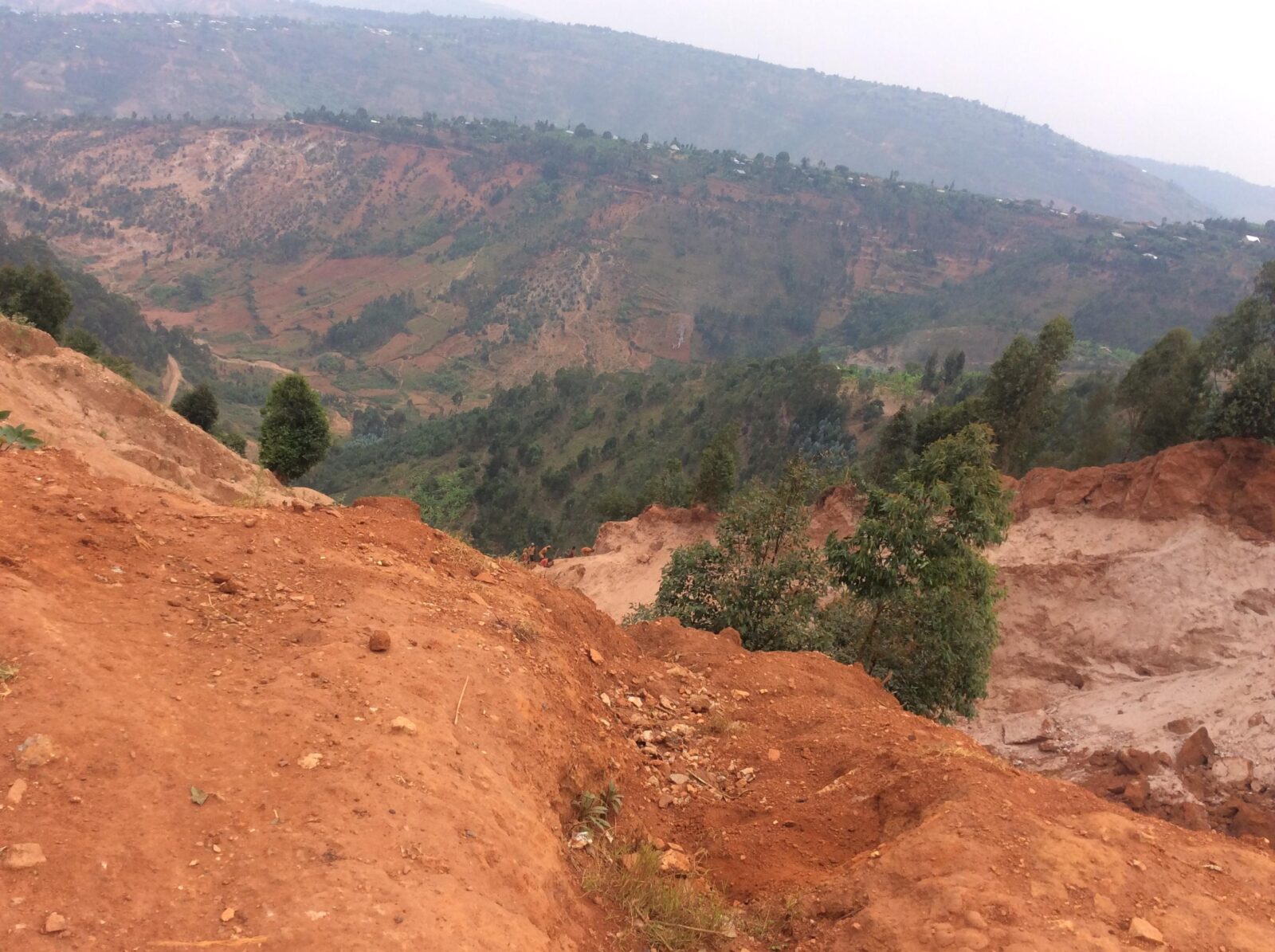
By Clemy Keza
For much of his young life, Jean Baptiste Uwamungu believed illegal mining was what everyone in Rwanda did to survive poverty.
“I was probably 10,” said the now 28-year-old father of two. “My parents mined, everyone in our neighborhood did. It wasn’t strange. It was survival.”
“At first, I didn’t even know it was illegal. It felt normal,” said Uwamungu. “When we found out, we tried to join legal companies, but no one hired us. So, we went back.”
Going back meant days of dodging police and risking sometimes deadly underground rockfalls. Even after he was arrested more than five times, Uwamungu kept going back. He eventually became the leader of a machete-wielding gang defending its turf against other illegal miners.
TAGGED ‘CLEAN’
The illicit mining trade in Rwanda is quietly sustained by legal operators who buy ore from illegal miners, according to multiple interviews with senior mining officials and former illegal miners.
“I used to make Rwf 1 million over two days,” said Uwamungu. “We delivered minerals by motorcycle. The buyers weren’t shady figures, they were licensed factory owners and traders,” he added, “They bought everything. No questions asked.”
Illegally–mined minerals are frequently sold to licensed companies and tagged as “clean,” before they are concealed within legitimate shipments, according to one insider, who knows Rwanda’s mining sector well. “People love to blame illegal miners, but the truth is that licensed companies and factories often move those minerals,” said the insider, who asked not to be named to avoid repercussions.
“They mix them, tag them, and create a clean paper trail,” the insider said.
EarthRwanda.Com traveled to Rulindo District in Northern Province to witness the operations of illegal miners, who thrive on informal networks without no apparent fear of the government or the law.
On a mountain overlooking the Rusine River, a popular location for artisanal sand mining, about seven men could be seen digging for minerals using basic tools like hoes, talking loudly and unfazed by a lone security guard standing near an electricity pylon.
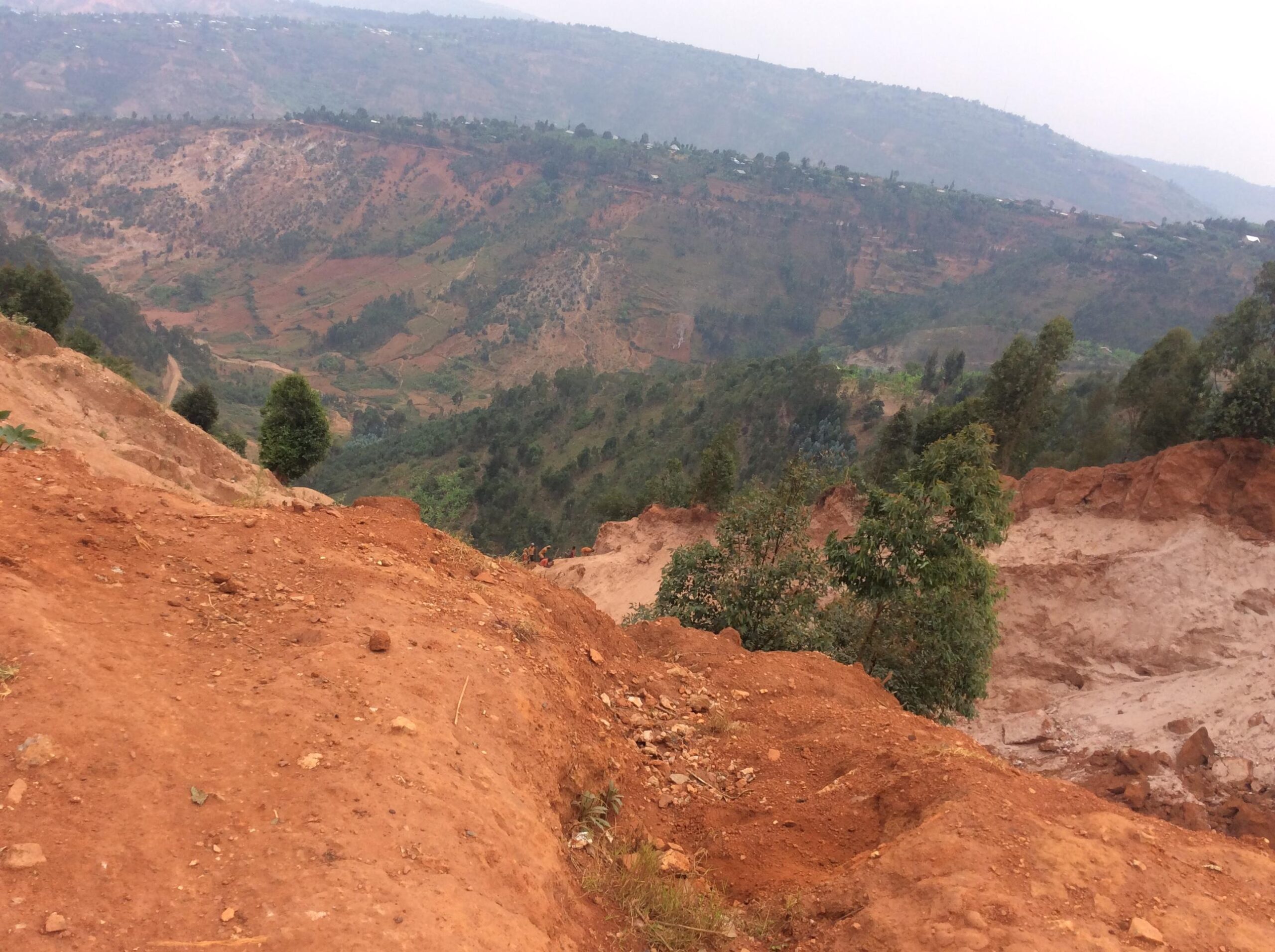
“We (guards) stand here to protect these electricity poles,” said the uniformed guard, who had armed himself with a sharpened stick. “When those illegal miners came, we called for back-up forces,” said the guard.
The networks of illegal miners, known locally as abahebyi – meaning those who risk their lives – warn illegal diggers when police or local authorities are approaching. Some pretend to be farming, while others scatter. The illegal mining sites usually belonged to licensed companies, which dismantled the operations before they left, leaving a deep hole through which the illegal miners go underground, without helmets or safety equipment.
A mining official, who asked not to be quoted because he was not authorized to speak to the press, said he was aware that some licensed companies and factories buy ore from illegal miners.
“It’s not everyone who does that, but it’s true that some licensed companies and factories buy from illegal miners, insert the minerals bought into their production to be tagged together and sold with their production,” said the official.
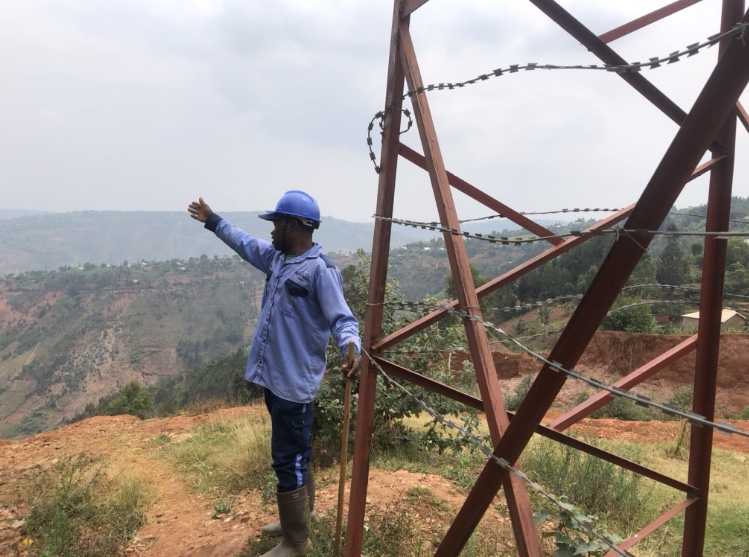
Despite government crackdowns, the system enabling the sale of illicit minerals goes unchecked. Once mixed and tagged by legal entities, dirty minerals flow seamlessly through Rwanda’s official exports, mining experts say.
LIVING CLEAN
Uwamungu’s life changed when mining company, Trinity Nyakabingo Mine, hired him and other illegal miners to work at the company’s large tungsten facility.
“The director told us, come work with us instead of dying in those mines,” said Uwamungu, who works as a team leader, earning a regular salary to support his family. “I paid off my debts, built a house, got married. I live clean,” he smiled.
James Mudahunga, a former general manager at Trinity Mine, said he recruited Uwamungu and other illegal miners because he believed it was a way to tackle illicit mining.
“The only solution is to integrate them, not chase them,” said Mudahunga. “When you chase someone instead of giving him what he wants, you turn them into rebels,” he said, “They take drugs, drink strong beer to fight against the chasers.”
Still, not everyone is willing to make the transition from illegal mining.
“If someone earns Rwf 100,000 a day illegally, and a company offers RwF 50,000 a month salary, it’s clear why they won’t leave” illegal mining, said Uwamungu. “We need fair pay and real opportunity.”
ROOT CAUSES
Daniel Hakuzweyezu, a trade unionist for the Rwanda Extractive Industry Workers Union, has nearly 20 years’ experience in the mining industry. He attributed illegal mining to poverty, a lack of opportunities in the local mining industry by licensed companies, youth unemployment, low wages in the mining sector, and a lack of awareness about the dangers of illegal mining.
For many communities, illegal mining activity leads to significant environmental damages.
Bernardin Uzayisaba, an environmental specialist for the United Nations Development Programme, the lead agency on international development, said more collaboration was needed between government, the business sector, and non-profits to tackle illicit operations.
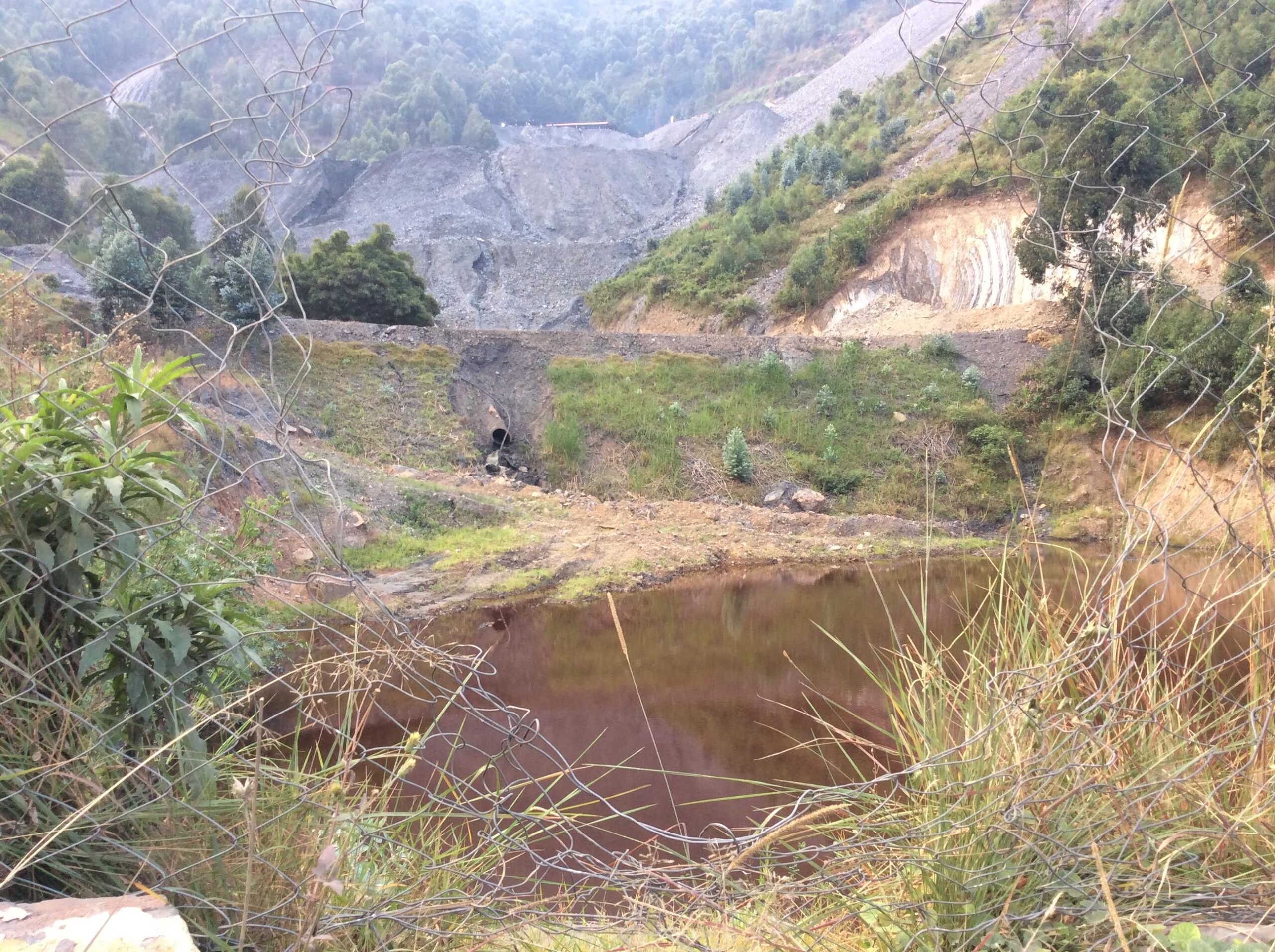
Education was also key, he added. “Increasing awareness to expand targeted education and awareness programmes in mining regions will help instill a culture of environmental responsibility, while empowering local leaders and community structures to act as frontline monitors,” said Uzayisaba.
Rwanda’s mining sector contributed US $1.6 billion to the economy over the past three years, according to the Rwanda Mines, Petroleum and Gas Board. The sector is the country’s second-largest revenue earner after tourism, which is the biggest.
Despite these efforts, illegal mining persists, often driven by economic necessity and the allure of quick profits. The government continues to implement strategies to formalize the sector, promote sustainable practices, and reduce illegal mining.
This story was supported by the Thomson Reuters Foundation as part of its global work aimed at strengthening free, fair and informed societies. Any financial assistance or support provided to the journalist has no editorial influence. The content of this article belongs solely to the author and is not endorsed by or associated with the Thomson Reuters Foundation, Thomson Reuters, Reuters, nor any other affiliates.
Related Articles
Strengthening Rwanda’s SMEs for Circular Food Systems: Embedding Circularity Beyond Project Implementation for Long-Term Transformation
As Rwanda advances its circular economy ambitions, small and medium-sized enterprises (SMEs)...
Powering Food, Restoring Land: How Renewable Energy and Regenerative Agriculture Are Transforming Rwanda’s Farms
Across Rwanda’s rolling hills, a quiet revolution is underway. It begins in...
Late February Weather Alert: Heavy and Above-Average Rainfall Forecast Across Rwanda
The Ministry in charge of Disaster Management (MINEMA) has issued a weather...
GBOX Launches AI Literacy Initiative to Support Rwanda’s Digital and Sustainable Development
A new Artificial Intelligence (AI) literacy program has been introduced last week...









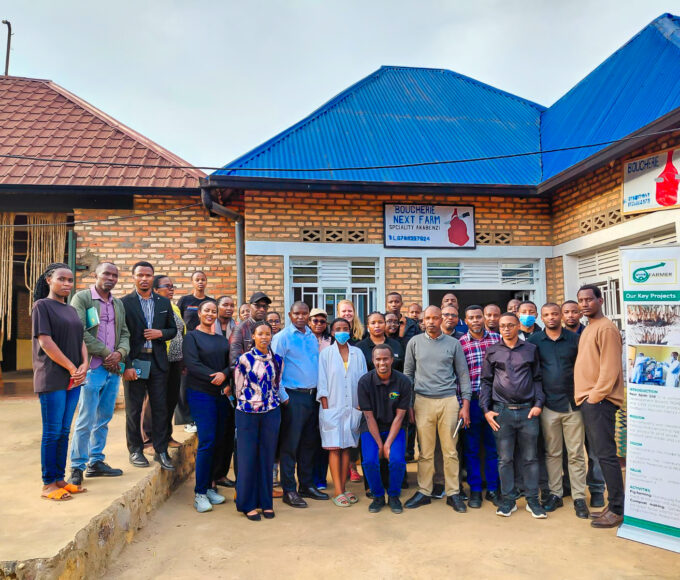

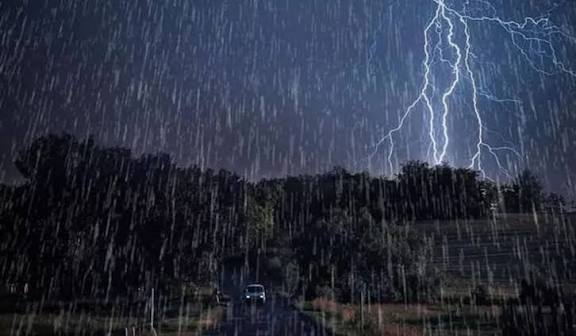
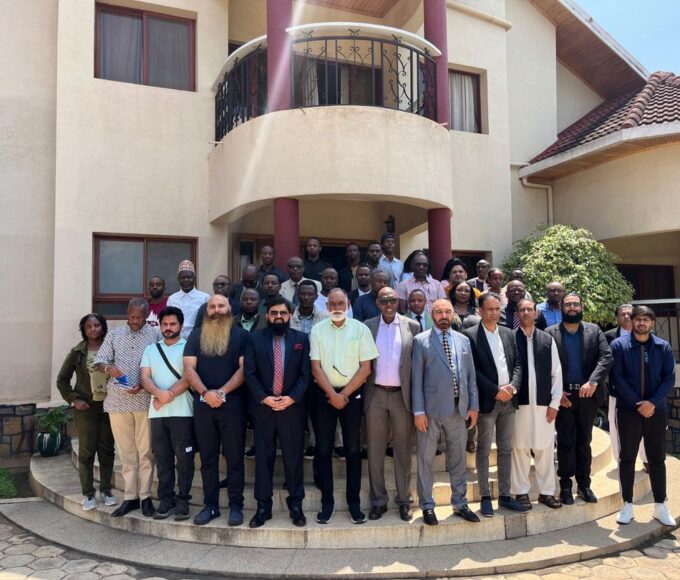
Leave a comment